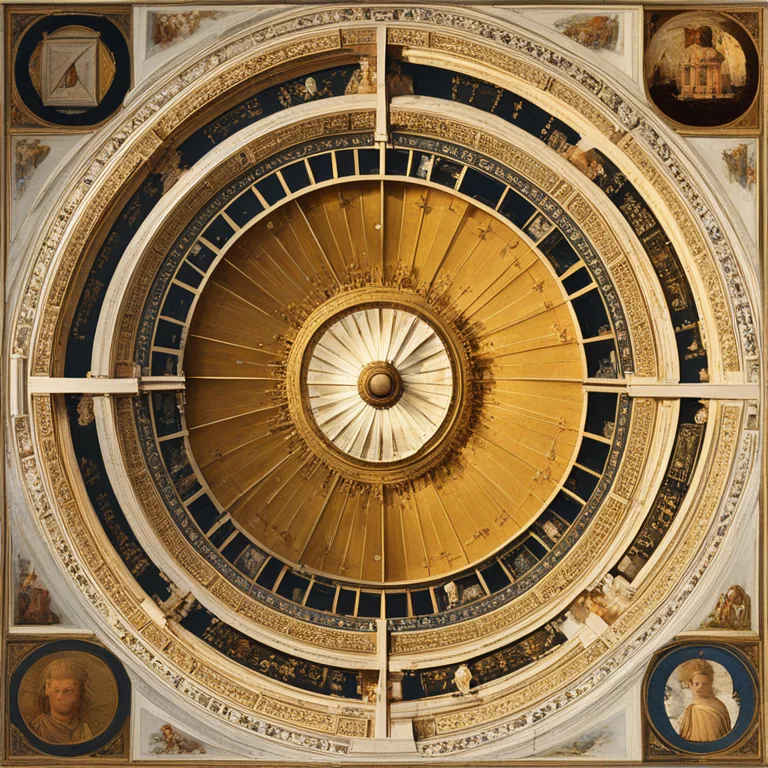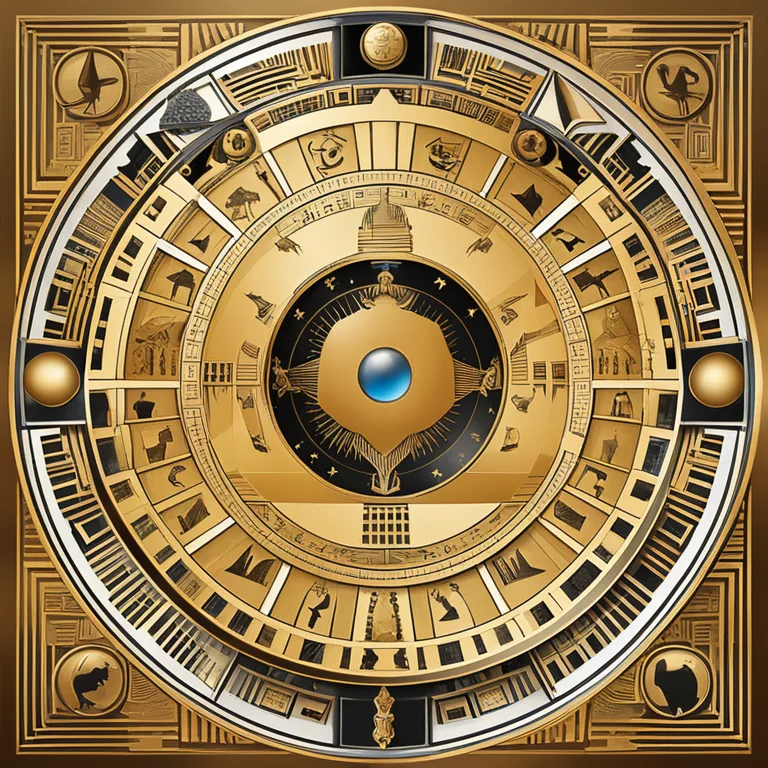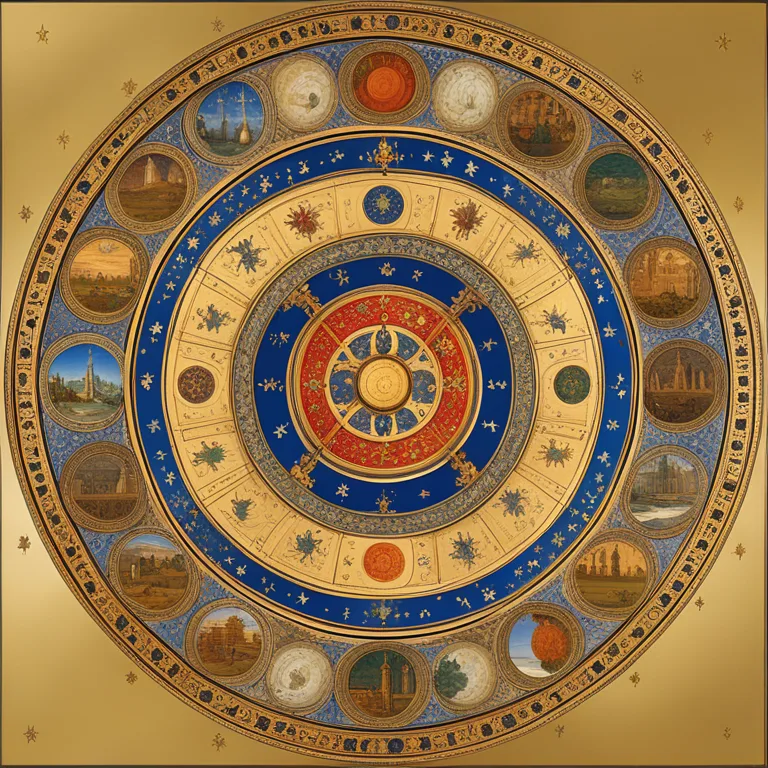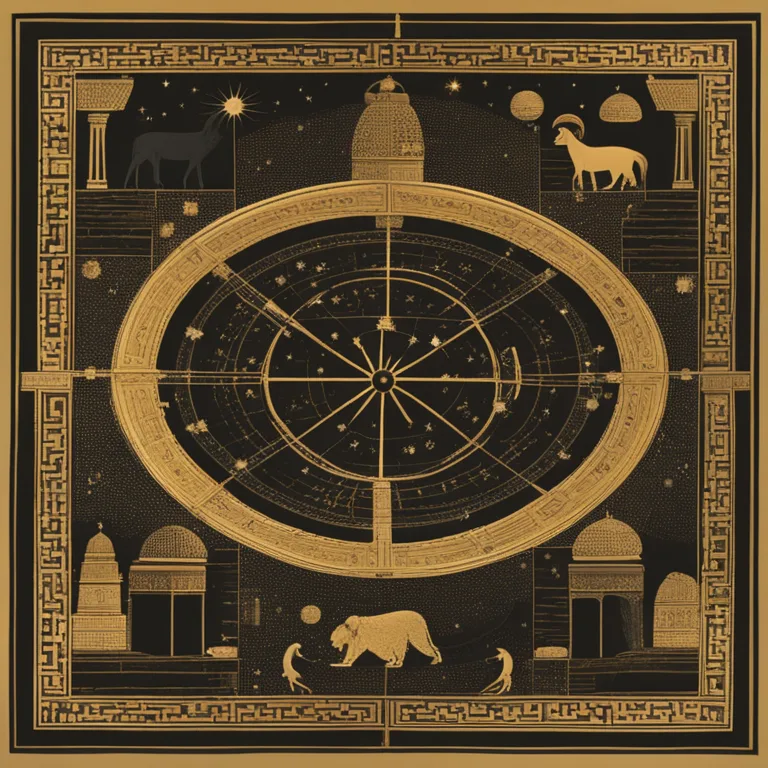
The Journey of Astrology: An Ancient Practice
Trace the origins and evolution of astrology through history and discover how this mystical art continues to influence modern lives.
article by Priya Deshmukh
Ancient Beginnings
Astrology's earliest roots can be traced back to the 2nd millennium BC, embedding itself in the history of Mesopotamia. Civilizations such as the Sumerians, Babylonians, and Assyrians gazed toward the heavens, seeking divine messages in the stars. These ancient astrologers relied on meticulous observations, connecting celestial events to the fate of kings and empires. Various artifacts and clay tablets on astrology have been discovered, signifying the importance astrology had in predicting the outcomes of crop harvests, weather patterns, and military conquests.

Egyptian and Greek Synthesis
The practices of astrology were further sophisticated in ancient Egypt, where it melded with their own mythologies and astronomical knowledge. Eventually, Hellenistic culture, especially under the Greeks after Alexander the Great's conquests, adopted and blended Babylonian astrology with Egyptian decanic astrology. This amalgamation ultimately led to the creation of the Zodiac and the horoscope system, influencing personal astrology that considers the individual's time and place of birth.

Rise and Spread in the Roman Empire
Astrology burgeoned during the Roman era, with emperors such as Augustus openly using astrological symbols for their propaganda. The famous Astronomica, written by the Roman poet Manilius, reflected astrology's prevalence in society. Astrology spread like wildfire throughout the Mediterranean, reaching its zenith in the 2nd century AD with the works of Ptolemy. His influential text, Tetrabiblos, codified astrology into a discipline akin to modern understanding. Horoscopes from this era bore resemblance to what one might find in today's astrology columns, stressing the importance of planets in individual destinies.

The Medieval and Renaissance Revival
After a temporary decline during the early Middle Ages, astrology experienced a resurgence during the Medieval and Renaissance periods. It became a staple of the royal courts and was considered an academic tradition, integrated into the quadrivium of the liberal arts. The Islamic world, particularly during the Abbasid Caliphate, translated and expanded upon classical texts, passed later to Europe in the 12th century to further ignite interest in astrology.

Enlightenment and Skepticism
The Enlightenment brought about a rise in scientific understanding and skepticism towards astrology. Figures like Newton and Kepler, who themselves studied astrology, contributed to a world view that began to question astrology's efficacy. Even as it faced criticism, astrology maintained a presence, transitioning into a practice often now associated with the esoteric, mystical, and psychological.
Astrology Today and Tomorrow
Astrology has seen a resurgence in the 20th and 21st centuries, finding a comfortable niche in popular culture. From daily horoscopes in newspapers to online astrological forecasts, it continues to capture the public's imagination. As we move into 2024 and beyond, astrology remains a tool for self-reflection and understanding, with individuals consulting their Zodiac signs for guidance in relationships, career choices, and personal growth. While astrological forecasts for the years ahead do not promise specific outcomes, they offer insights and patterns to consider, influencing decisions in an ever-changing world.
Published: 12/29/2023
Modified: 12/29/2023
More predictions
Come back here soon to learn more about yourself and your future


The Essence Of Your Birth Chart Wheel
Delve into the layers of your personality by understanding the key components of your birth chart wheel, an astrological tool for self-discovery.


Birth Chart: The Powerful Role of Jupiter
Explore the powerful role of Jupiter in astrology and its profound impact on our personal growth, luck, and life philosophy in the birth chart.


Birth Chart & Predicting Marriage
Discover the potential of birth charts in forecasting matrimonial bliss and partnerships, with a cosmic lens on future commitments.